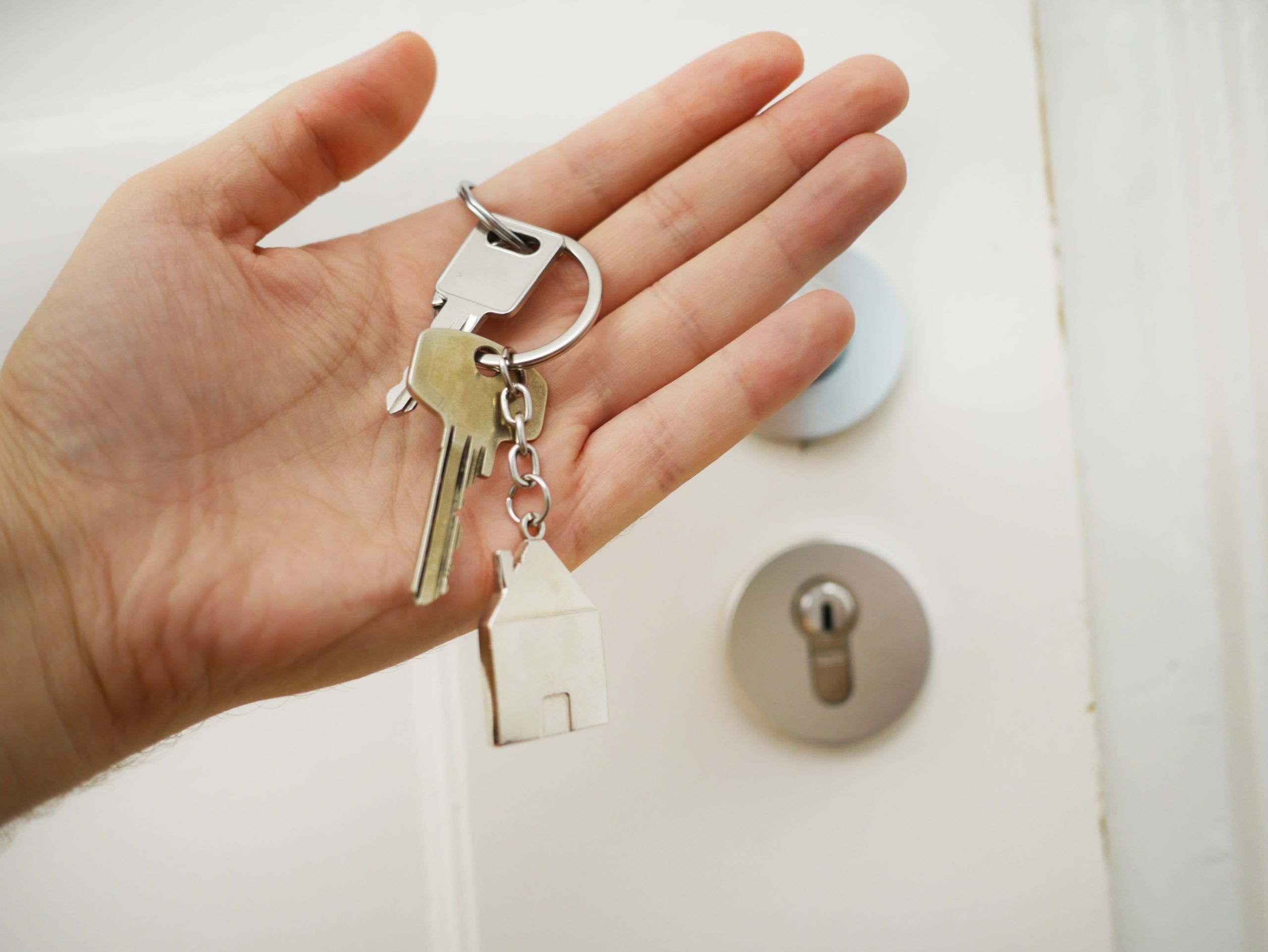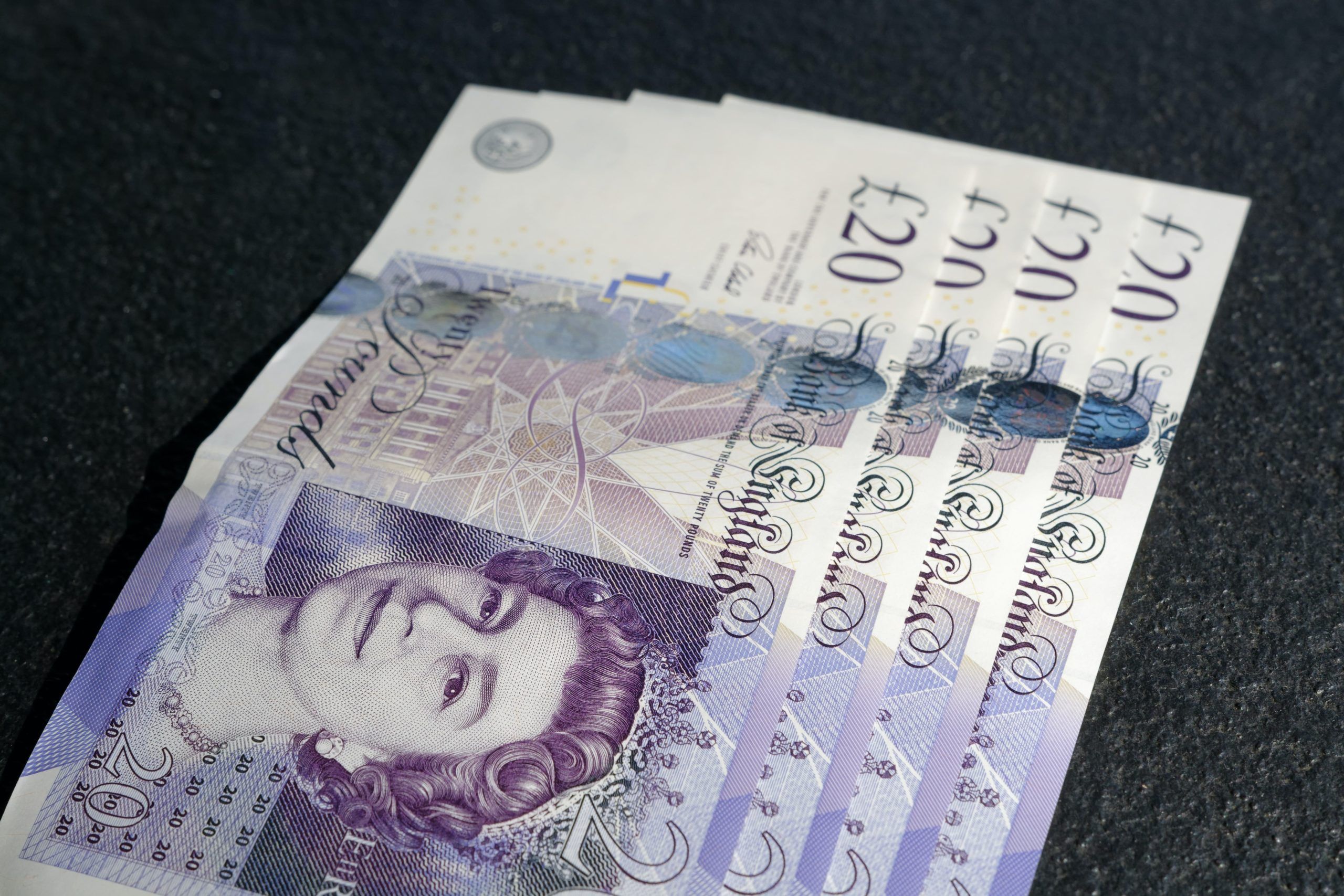What Protection Does An IVA Offer?
An IVA (Individual Voluntary Arrangement) is a legal agreement that can be arranged with your creditors in order to pay back some or all of your debt. If your application for an IVA is successful, then the agreed payment plan will be set up for you to pay off your debt over a period of time (typically five years) through monthly payments. Once the IVA is in place, your creditors will have to stick to the agreement.
You might be ready to apply for an IVA, but if you’d still like to know how this debt solution can protect you, then consider the following five benefits of having an IVA below.
1. Debts cannot rise

Once an IVA has been approved, your creditors will not be able to add on any interest or extra charges. As long as you keep up with your repayments and follow the terms of your IVA, then your debt will not increase.
2. Your assets are protected
There are a few common questions asked by those who are considering different debt solutions, such as, will I lose my house with an IVA? The short answer is no, unless you have volunteered to sell it to clear some of your debt. Once the IVA has been approved, your unsecured creditors cannot take further legal action to enforce the debt, such as applying for a CCJ (County Court Judgement) or instructing bailiffs to seek possession of your assets.
3. Protection from changing circumstances
During the lifetime of your IVA, it is expected that your situation will more than likely change. For example, if the agreed IVA payments become unaffordable due to a reduction in income, this does not mean that the IVA automatically fails. Your IP (Insolvency Practitioner) will usually be able to grant you a payment reduction (up to a certain level) and you will also have the ability to request more significant changes to the arrangement through what’s known as a Variation Meeting. This provides an opportunity for you to put forward a revised proposal, detailing any changes in circumstance, for your creditors to consider.
4. Protection from bailiffs

Your creditors will not be able to take legal action against you once an IVA has been approved, which means, if you stick to the terms of your IVA, you should not have to worry about being approached by bailiffs. However, it usually takes around four weeks for an IVA to be set up, so during this time, you could still be contacted by people trying to collect money to repay debt. If this happens, you should be honest, and explain that you’re in the process of setting up an IVA.
5. Pay what you can afford
When setting up an IVA proposal, your IP (Insolvency Practitioner) will arrange a payment plan by, first, taking into account your income and expenditure. This ensures that you’ll only repay your creditors an amount that you can realistically afford which will allow you to have enough to pay your rent/mortgage, bills, and necessities each month. This is followed up by a yearly review whilst the IVA is in place which will, again, take into account your particular circumstances, ensuring that you will not be paying an unaffordable amount.
These are just a few of the ways that an IVA can protect you and, ultimately, help you to find a manageable solution for your debt situation.
If you want to find out if an IVA is a suitable option for you, then please contact us, and we’d be happy to help.
Request a Debt Assessment
May not be suitable in all circumstances, Fees may apply, your credit rating may be affected.
Disclaimer: For guidance only. Financial information entered must be accurate and would require verification. Other factors will influence your most suitable debt solution.


























